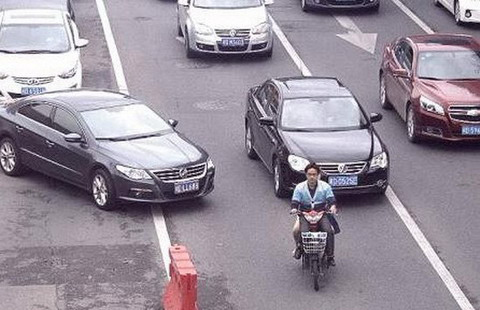Budget reform key for good governance
By Li Yang (chinadaily.com.cn) Updated: 2014-11-20 16:24To become a modern government, Chinese government needs to reform its budget making, implementing and supervision systems, says an article in the Guangming Daily. Excerpts:
Chinese government used 74.2 percent of its annual budget in the first 10 months. Which means it will spend nearly 4 trillion yuan ($667 billion) in the last two months, according to its overall budget of this year.
There are always some problems with the “spending race” at the end of each year. Some government officials try their best to spend money as soon as possible to ensure the final overall expenditure should conveniently exceed the ceiling of the budget. If the government cannot use up all the budget money this year, its budget for next year will be cut accordingly, and the government must return the rest of the money back.
In previous years, some government departments even turned the cash into subsidies for their own civil servants. Yet, in the harshest campaign promoting frugality and curbing extravagance in Chinese government, it will be a question how the government can spend so much money within the limited period of time.
The phenomena exposed the institutional loopholes in China’s budget making, approval, implementation and supervision systems.
First, the government budget is made according to the projects approved by higher-level authority. Key officials making or submitting the projects usually get promoted or transferred to the other places every three to five years. In many cases, the projects are not even finish when new officials arrive, who may start new projects to beautify their own career records. The making and the implementation of the budgets are shaped by such short-righted decision-making procedures.
Second, the making, implementation of budget and relevant supervision are lack of transparency. The public is largely kept in the dark on how their tax money is spent.
The People’s National Congress should pay more attention to the implementing process of budget, not only the final results.











